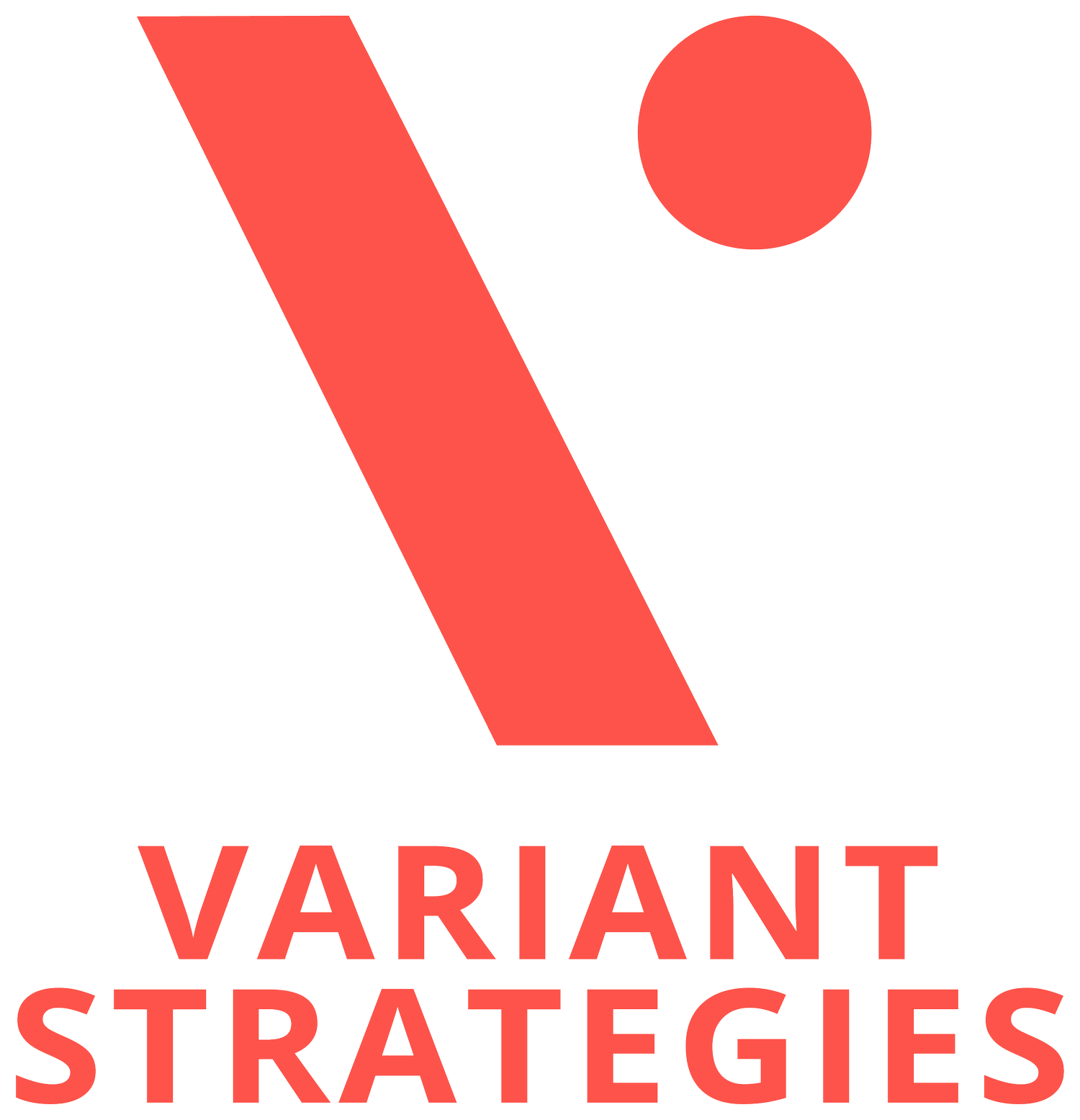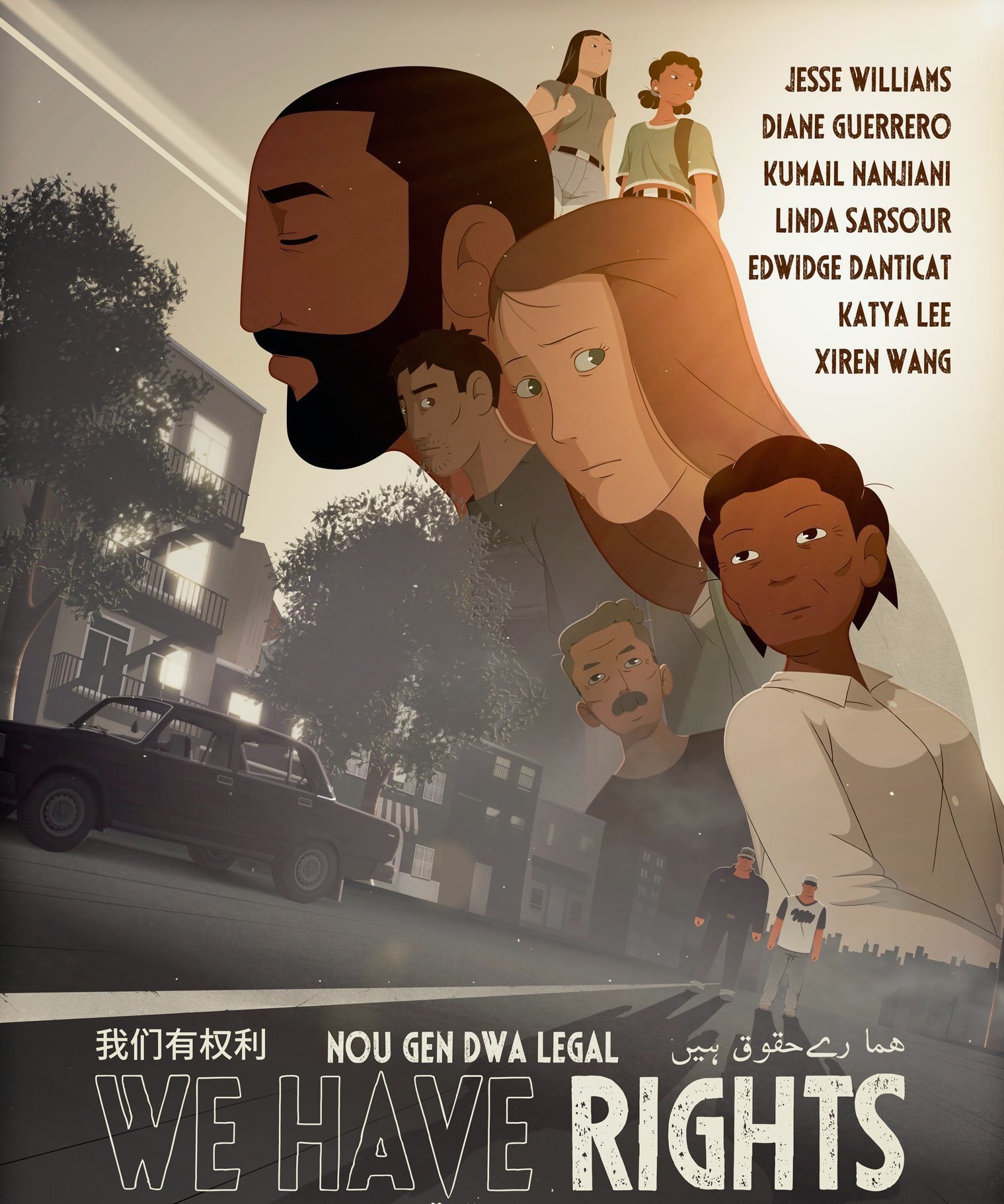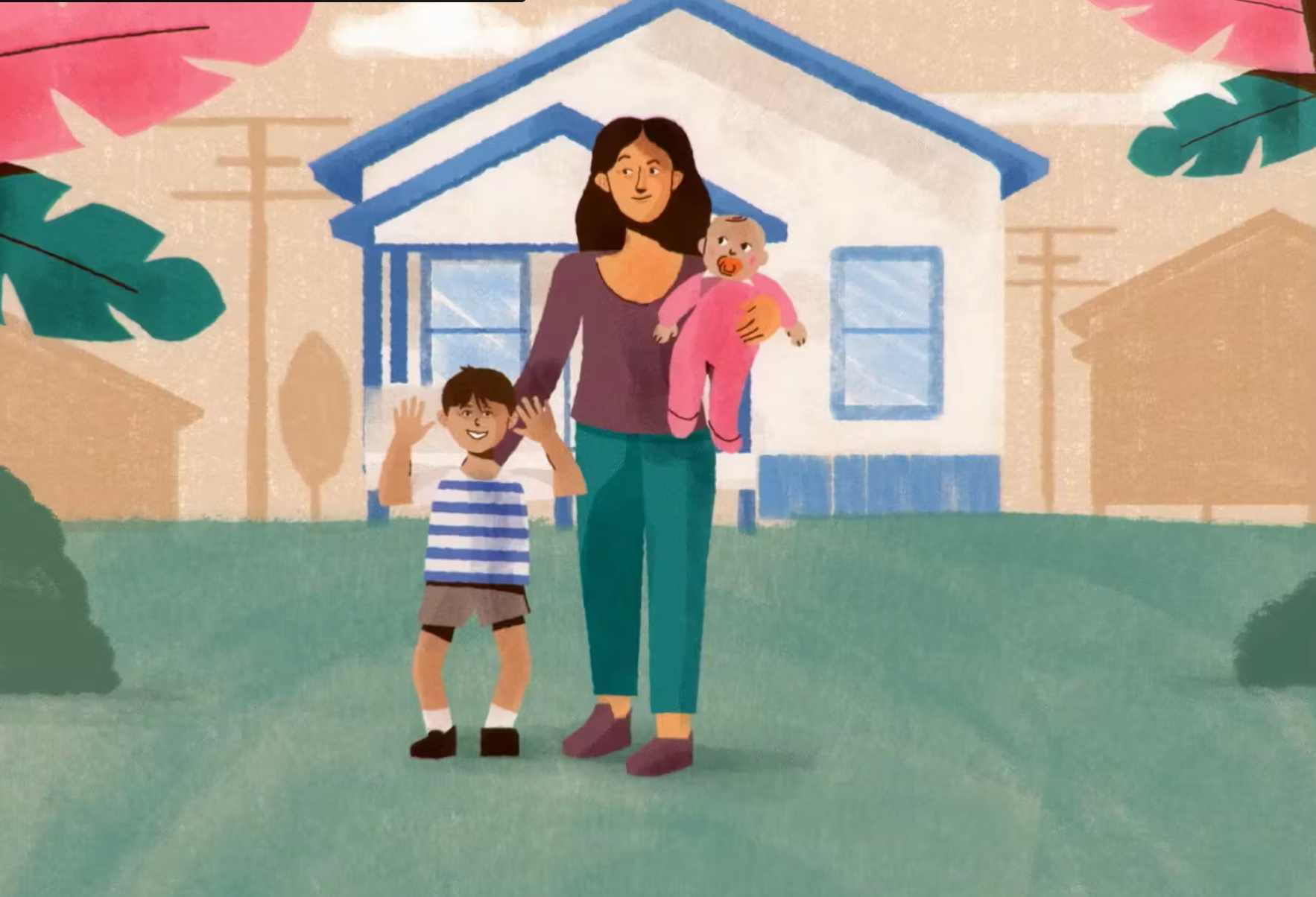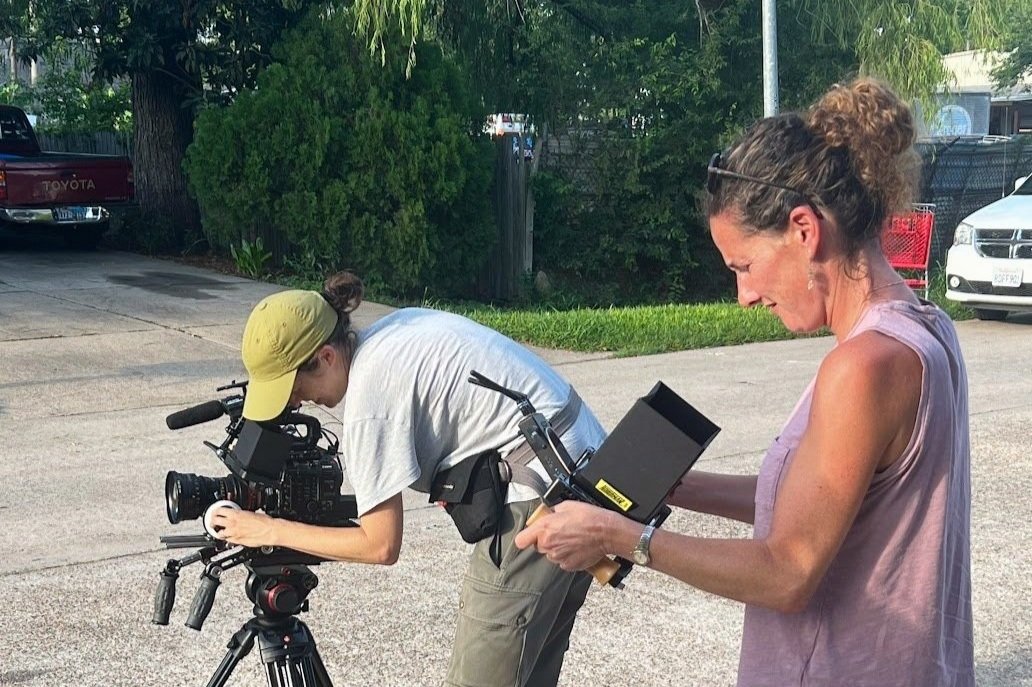Why I Started Variant Strategies: Part Four
Hi Friends,
This is my last essay in the series about my personal learning journey in storytelling, justice, and media advocacy leading to the start of Variant Strategies. (You can read previous newsletters here).
I left my last newsletter off the day I went to one of the nation's largest public legal defense providers, Brooklyn Defender Services, and saw some immigration attorneys I knew. This was in the middle of Trump’s term, and fear over ICE raids, detentions, and deportations among the clients of the immigration attorneys in the office was at an all-time high. The attorneys were finding it impossible to represent the vastly increased caseload of people facing family separation and deportation while also managing the overwhelming demand for information about how immigrants could safely defend themselves in interactions with ICE.
I asked them about pre-existing online or offline Know-Your-Rights guides or toolkits and why they weren’t using those. Their response: At best, they existed in only two languages (English and Spanish), and the guides were text-heavy, dense, unengaging, and far from comprehensive about all the situations in which immigrants might come into contact with ICE.
I had an idea for how we could fill the gap, and months later–in partnership with Brooklyn Defender Services, ACLU, Immigrant Defense Project, and MediaTank–I launched the We Have Rights campaign. We Have Rights is a series of 4 short, animated, and story-driven videos, in seven languages, about the top four situations–at their door, in their homes, in their communities, and through arrest–in which ICE comes into contact with immigrants. It was also narrated by famous actors in each of the seven languages. I co-wrote, co-directed, and led distribution for the campaign.
One of the most valuable and eye-opening parts of producing the films was leading a listening and learning session with a cross-section of the NYC immigrant community. During the conversation, amid higher-level feedback about visual portrayals of the immigrant population, one of the participants asked a simple question that seemed to me previously to be a basic, obvious one: “What does ICE mean?” We adapted the script accordingly and spelled out the words Immigrations and Customs Enforcement, and without that critical nugget of insight, we could not have made videos for an audience who had no idea what we were talking about. This underscores the most important lesson I learned early in my career: Advocates and storytellers must work closely, collaborate with, and listen to those directly and system impacted whenever creating any media project and/or campaign about or for them.
Ultimately, We Have Rights reached over 24 million people. Over 20 million immigrants learned how to protect themselves because of the hard work of our small team. I remain very proud of the project and its impact. The result remains the best information out there on ICE interactions.
For me, We Have Rights was also a formative experience as an entrepreneur. It felt incredible to use my own experience as an entrepreneur, strategist, and storyteller, as comfortable in the halls of power as I was in the poorest places in the world, to provide a clear and direct tool for my neighbors right here at home. This was what I wanted to do in my life.
Variant Strategies, founded in 2019, is a media and advocacy firm that partners with organizations, philanthropies, social businesses, and causes to achieve social justice and human rights impact through innovative storytelling and media campaigns. We leverage our background as frontline advocates, non-profit entrepreneurs and leaders, and filmmakers to tell powerful stories that create real impact. We listen to, learn from, and incorporate the perspective of the people and communities we serve to ensure meaningful results (like changing laws, budgets, judicial outcomes, how aid is disbursed, etc.), not just headlines.
Here are just a few examples of Variant's work:
Still In Prison: A video-based campaign that helped galvanize a coalition in Oregon to fight for justice for thousands still imprisoned or otherwise impacted by a KKK-era law that allowed them to be convicted by non-unanimous juries (the only state other than Louisiana to allow this). The film tells the story of Calvin Duncan, a jailhouse lawyer who, after 23 appeals to the US Supreme Court, ended the racist law for all cases moving forward. The film and campaign brought together a coalition of 40 local and national organizations, including the ACLU and Human Rights Watch, to mount pressure on the US Supreme Court, the Oregon State Legislature, the Court of Public Opinion, and the Oregon Supreme Court, which finally ruled that hundreds of people still imprisoned under the law should have their unconstitutional convictions vacated. The films and campaign won 3 Anthem/Webby Awards for best film, local campaign, and leader of the year.
The Courtwatchers: A unique graphic novel-style animation and campaign to educate people about the importance of open courts, transparency, and accountability and to build a volunteer army of Court Watchers around the country. The film was scored by singer song-writer Fiona Apple, her first ever, and narrated by actor Jesse Williams. The film and campaign were launched in partnership with The Washington Post, viewed millions of times, and led to increased court-watching volunteers. It won two Anthem/Awards and has since started to be screened in major theaters nationwide.
#ChildcareForCA: This campaign, produced by Variant for CAPPA (California Alternative Payment Program Association) sought to address the crisis in child care for working families in California. The campaign included a 2-minute video, an automated letter to legislators, and a social media toolkit housed on the campaign website. The campaign targeted legislators and the general public about the need for investment in affordable, licensed childcare and increased rates for providers to help solve the crisis in child care. In the 2023/24 budget, funding for affordable, quality, private childcare, and providers was raised, thanks to advocates state-wide and this campaign.
This Is Freedom (Upcoming Release): And I am excited about the upcoming release of This is Freedom, a documentary-style video featuring Terranisha Collins and Gavin Golden, both arrested in Harris County, Texas (Houston), in a jurisdiction unlike most of the U.S. where people arrested for a misdemeanor are allowed to be free until their trial. Although in the U.S., we say that we presume innocence until proven guilty, in most of the country, people await trial in prison, sometimes for months, while their lives and families break apart. Usually, these people can't afford bail and let the wealthy go free while the poor suffer all the damaging consequences of prison. Almost half a million people in prison in the U.S. today await trial in prison. In the video, we show how damaging awaiting trial in prison would have been for Terranisha and Gavin and try to celebrate the importance of everyday freedom. We want to use Harris County as a model for bail reform.
Running a new startup – like the others I helped launch before Variant – is a constant learning process and brings many challenges, but I’m excited for all that is to come. In building Variant Strategies, I have been following Janet Benshoof’s path (see first newsletter) to be a woman entrepreneur who could, with hard work, strategic thinking, and belief in the impossible, change the world and inspire others to do the same.
I am proud of our newly updated website, with, most importantly, an impact section for all of our projects (on the “work” page). Please take a moment to explore the website, my previous newsletters, and follow us on social media @variantadvocacy.
With excitement to keep making an impact on the issues that matter most, to work with the populations that are most in need of being seen and heard, and so much gratitude to you,
Abby









